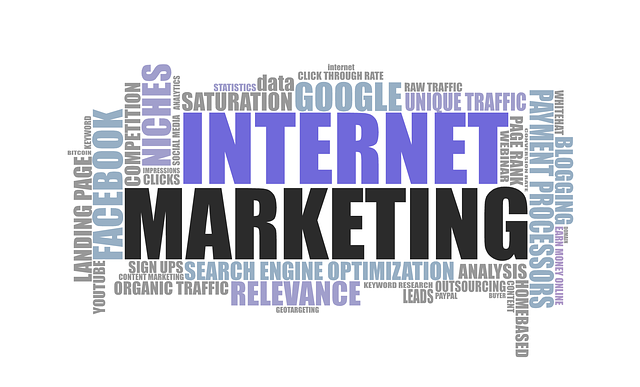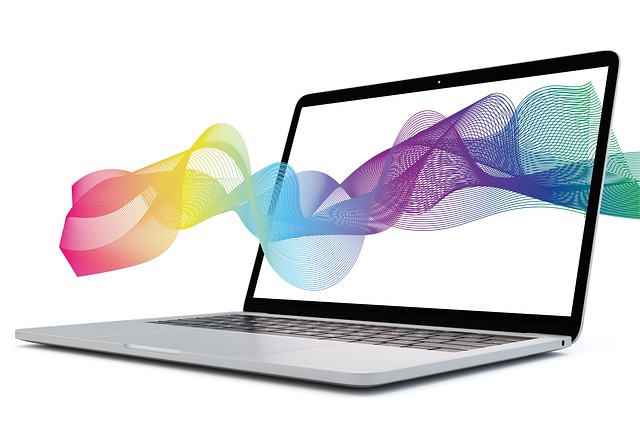AI personalized grocery list generators are revolutionizing food management for individuals with sensitivities and allergies, offering tailored shopping lists based on dietary patterns and health data. These tools identify triggering foods, suggest items aligned with specific diets, and empower users to make healthier choices. While challenges like accuracy and privacy exist, advancements in AI technology and data protection regulations are enhancing these apps' effectiveness, ultimately improving nutrition and quality of life for users with food sensitivities or allergies.
In today’s digital age, smart nutrition apps are transforming how we manage food sensitivities. These innovative tools leverage artificial intelligence (AI) to offer personalized dietary guidance and tailored grocery lists. By analyzing individual health data and dietary patterns, these apps help users identify and avoid problematic foods. This introduction explores the growing importance of AI-driven solutions in managing food sensitivities, focusing on their potential benefits—like customized grocery list generation—and addressing challenges for effective implementation.
- Understanding Food Sensitivities and Their Impact on Health
- The Role of AI in Personalized Nutrition: Grocery List Generation
- Benefits and Challenges of Smart Nutrition Apps for Food Sensitivity Management
Understanding Food Sensitivities and Their Impact on Health

Food sensitivities, often overlooked, can significantly impact an individual’s health and overall well-being. Unlike food allergies, which are usually life-threatening, sensitivities are more subtle but no less important to address. These reactions occur when the immune system responds abnormally to certain proteins in foods, leading to a range of symptoms from gastrointestinal discomfort to skin rashes and even respiratory issues. Understanding one’s specific food sensitivities is crucial for managing these health issues effectively.
AI-powered personalized grocery list generators have emerged as valuable tools in this context. By analyzing dietary patterns, individual health data, and symptom tracking, these apps can identify foods that trigger reactions. This not only helps users create tailored shopping lists, avoiding sensitive items, but also encourages a more mindful approach to eating. As a result, individuals can make informed choices, improve their overall nutrition, and enhance their quality of life.
The Role of AI in Personalized Nutrition: Grocery List Generation

The integration of Artificial Intelligence (AI) into nutrition apps has revolutionized personalized dietary approaches, particularly in the realm of grocery list generation. These AI-powered tools analyze an individual’s dietary preferences, restrictions, and even historical eating patterns to craft tailored shopping lists. By learning from vast datasets, these generators can identify potential food sensitivities and allergies, ensuring users avoid harmful ingredients.
AI personalized grocery list generators go beyond basic needs by suggesting items based on specific nutritional goals or dietary plans, such as keto, vegan, or gluten-free diets. They offer a convenient way to streamline grocery shopping, save time, and promote healthier choices. This technology encourages folks to embrace a more thoughtful approach to their meals, fostering a culture of mindful eating.
Benefits and Challenges of Smart Nutrition Apps for Food Sensitivity Management

Smart nutrition apps are revolutionizing the way we manage food sensitivities, offering numerous benefits that enhance our overall health and well-being. One of the key advantages is personalized guidance; these apps use AI algorithms to analyze an individual’s dietary preferences, restrictions, and symptoms related to specific foods. Based on this data, they create tailored meal plans and grocery lists, making it easier for users to adhere to their nutritional needs while avoiding trigger foods. This level of personalization can significantly improve the quality of life for those with food sensitivities or allergies.
Despite their promise, these apps face challenges in terms of accuracy and user privacy. Accurately identifying food sensitivities requires comprehensive data and advanced AI models, as many conditions are complex and interconnected. Additionally, ensuring user data security and privacy is paramount to building trust. Users must be confident that their sensitive information is handled responsibly. Nevertheless, ongoing advancements in AI technology and stricter data protection regulations are addressing these challenges, paving the way for more effective and reliable smart nutrition apps.
Smart nutrition apps, leveraging AI technology, offer a promising approach to managing food sensitivities by generating personalized grocery lists. These tools not only simplify shopping but also enhance awareness of dietary triggers, ultimately promoting healthier lifestyles. While challenges exist, the benefits of AI-driven personalized nutrition, including accurate food sensitivity analysis and tailored recommendations, suggest a brighter future for those seeking to navigate their diets effectively.
